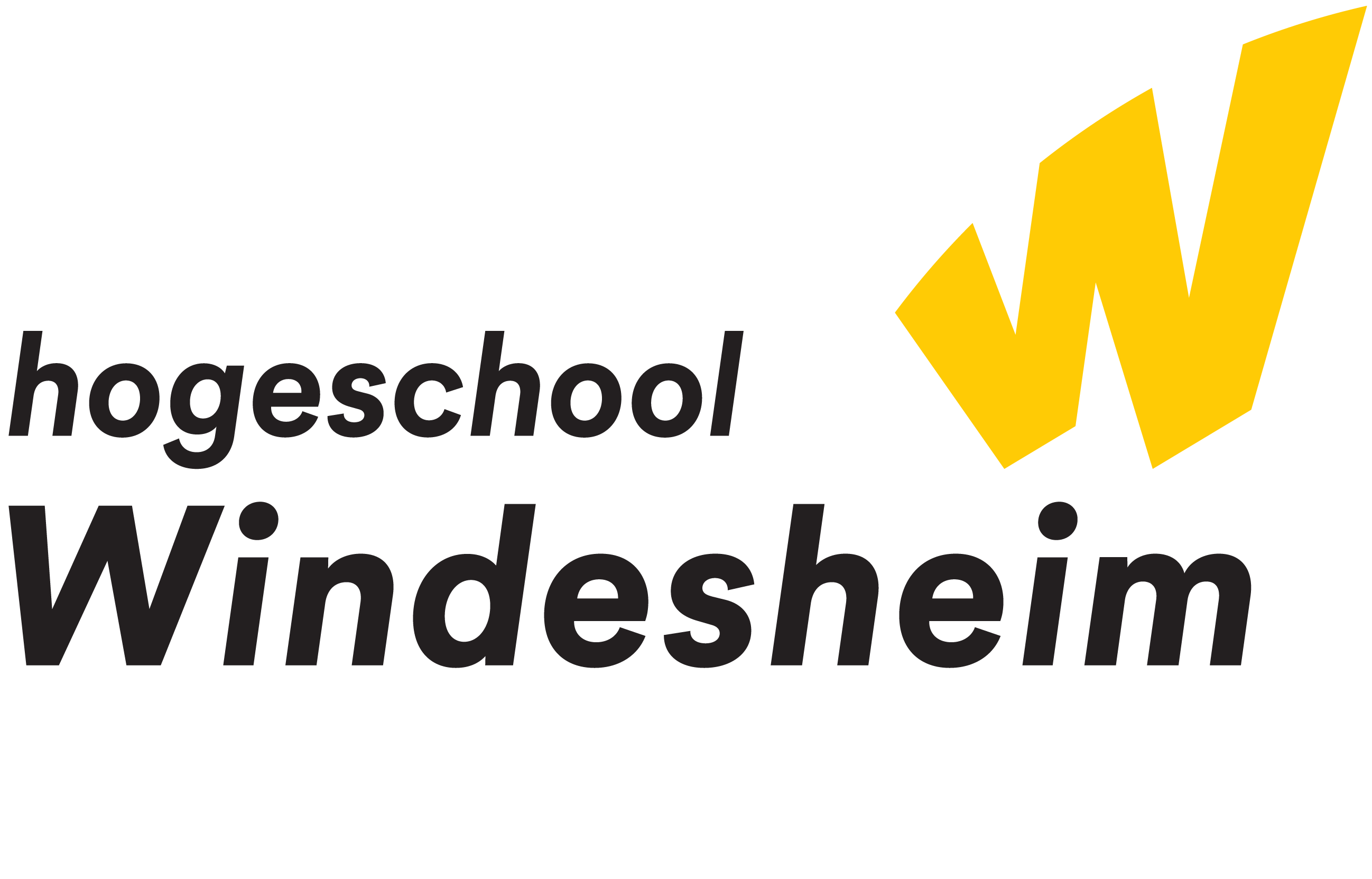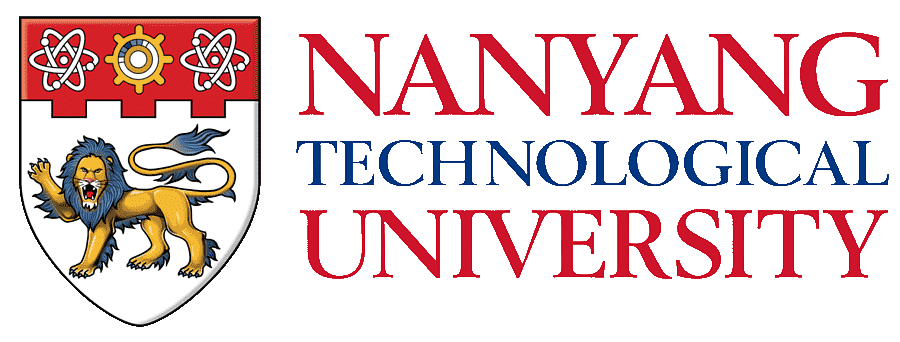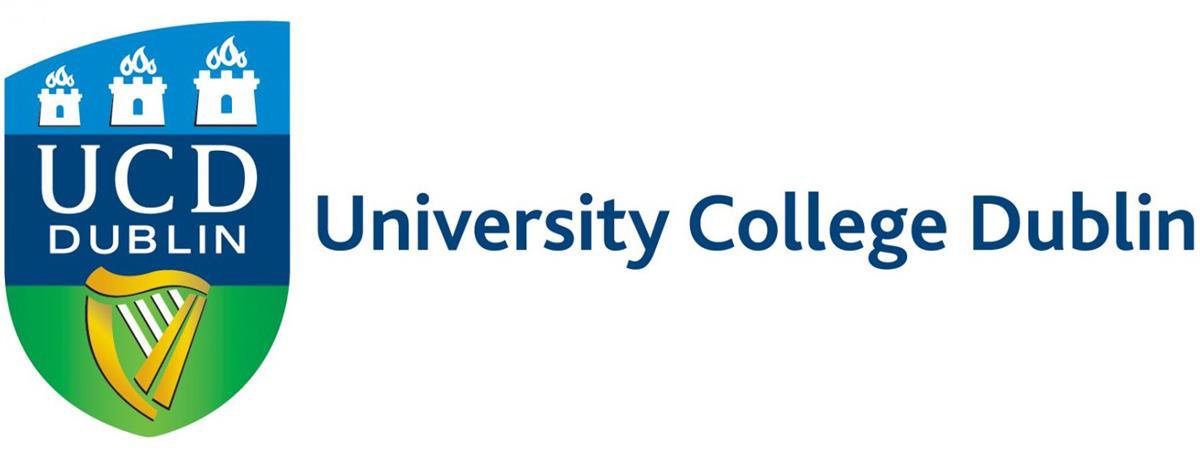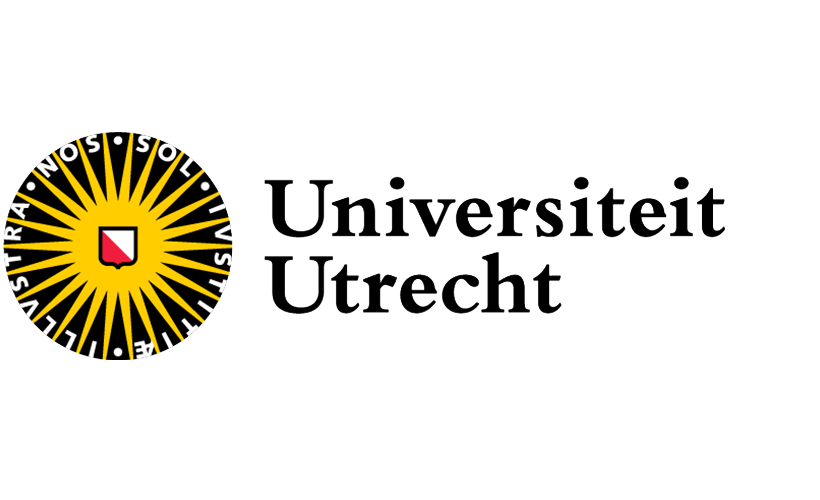Wil jij je verdiepen in de ontwikkeling en inzet van Generative AI in het onderwijs? Reis met een onderwijs gezelschap van lectoren, leraren, lerarenopleiders, onderzoekers en schoolleiders mee naar Singapore van 18-26 oktober 2024!
Windesheim organiseert deze studiereis in samenwerking met Nanyang Technological University, University College Dublin en Universiteit Utrecht. We bezoeken scholen en hoger onderwijs instellingen en nemen deel aan de 7e VARTeL Conference, over de rol van technologie in het onderwijs.
Ontdek de nieuwste AI trends in het onderwijs, wissel kennis uit, en bouw aan je netwerk. Deze unieke studiereis biedt jou de kans om geïnspireerd terug te keren met concrete plannen voor het toepassen van GenAI in jouw onderwijspraktijk.
De aanmeldingen worden behandeld in volgorde van binnenkomst. Meld je dus snel aan!
* gezien het internationale karakter van deze reis zal de onderstaande tekst verder gaan in Engels.
Program
Online Pre-visit meeting with Singapore partners
| Datum | Activiteit |
|---|---|
| To be planned | Online Pre-visit meeting with Singapore partners |
| Wednesday September 4th |
15:00-17:00 h. – room A-1.20 Windesheim Preparatory meeting
|
| Friday October 18th |
|
| Saturday October 19th |
|
| Sunday October 20th |
|
| Monday October 21st |
|
| Tuesday October 22nd |
|
| Wednesday October 23rd |
|
| Thursday October 24th |
|
| Friday October 25th |
|
| Friday (late evening) 25th / Saterday October 26th) |
|
* This is a preliminary program. The final program will be published when the bookings and contents of the program are finalized. Beware that changes in time and dates are possible.
Study visit to Singapore, for whom?
This visit is meant for you if you are involved in the development of the use of GenAI in your school or institute. Do you want to know more about the development of GenAI in education; the technology, AI-literacy, AI-maturity, flexible use of AI, ethics of AI and so, then this study visit is of great interest to you!
The visit consists of two parts. In one part, we will visit schools and institutions of higher education to inform ourselves about the development of GenAI. The other part will be the
5th Singaporean-Dutch International VARTeL Conference, in which we will obtain and exchange knowledge and experiences on GenAI in education.
The VARTeL conferences are always a key moment in the relation between Singapore and Dutch participants. This relation that brings educators and researchers together is a sustainable connection, which we strengthen with this visit.
Aim and result
During the visits and conference, you will be acquainted with the backgrounds and developments with regard to the use of GenAI in education. You will actively participate in gaining knowledge and new insights, and developing new contacts and plans. You will return to work, inspired, with personal plans to involve GenAI (further) in your work in education.
You may have made connections that will stay important during your professional career.
Characteristics of the study visit
We offer a variety of activities during the visit, in which we expect you to participate, contribute and network. We will meet experts, users, colleagues, and various stakeholders. We will see how people work with GenAI and how they conduct research on the use of GenAI. We will exchange knowledge and experiences. Next to this, we will have reflective moments in which we will talk about our experiences.
We aim to build sustainable contacts in this field between the Netherlands and Singapore. So networking will be an important part of our visit.
Participants
We will visit Singapore with 30 participants with a variety of backgrounds in education: teachers, teacher educators, lecturers, principals, researchers, etc.
The visit will be guided by the Windesheim academic group of ‘Inclusive Learning Environments’ (dr. Sui Lin Goei) and by the Faculty of Mechanic Engineering of NTU (dr. Yiyu Cai).
The VARTeL conference will be attended by over 70 persons from Singapore and other Asian countries, Ireland and the Netherlands. The conference will be held for the 7th time and is aimed at exchange of knowledge, experience, research and networking. The conference supports technological developments in the field of education.
We are confident that this study visit will be an inspiring and unforgettable experience. This will enrich you both professionally and personally and it offers you interesting contacts.
Practical Information
Participants
Participants will be 15 colleagues from Windesheim University of Applied Sciences and 15 colleagues from other Dutch educational institutes.
Travel
Still to be booked; we aim for a direct night flight or a flight with only one stopover from Amsterdam to Singapore. The return flight will most likely be during the day. In Singapore, we mostly travel with taxi’s or the metro (MRT).
Stay
We aim to stay in one or two hotels in the central area of Singapore. There will be single rooms.
Costs
We estimate the costs for the visit at €3900,-- (including programs, flights, part of transport, and opening meeting and closing lunch). To be paid in July 2024.
Application
You can apply for this visit by sending an email to e.welbergen@windesheim.nl(opent in nieuw tabblad). Deadline 14th july.
In return, you will receive a link for your application, which will be final with your payment.
Because we only have a small number of places, we handle the applications in the receiving order. We will inform you early July if your application is accepted.
Passport and disclaimer
To visit Singapore, you must have a passport that is valid for six months after the date of entry, which in our case is March 19, 2025.
This is your responsibility. We will not (re)pay any costs concerning being-refused-entry into Singapore (not even upon arrival there).
More information
To receive more information on the content of the work visit you can contact:
Lex Stomp (Hogeschool Windesheim): c.stomp@windesheim.nl(opent in nieuw tabblad)
Study Visit community
More and new information will be posted on the Singapore Study Visit Community. When you have been assigned a place on this study visit, you will receive an e-mail with a link to become a member of the community.
The community will contain the most recent travel information. It will replace all other communications regarding this visit.
It will also contain the most relevant background information and literature to support the visit. We expect you to visit the community to prepare yourself.
Windesheim organiseert deze studiereis in samenwerking met Nanyang Technological University, University College Dublin en Universiteit Utrecht.
 |
 |
 |
 |
Introduction
GenAI is a phenomenon that has gained momentum with the launch of ChatGPT. The rapid development of GenAI has various effects on education. For example, it has never been easier to generate high-quality texts. This requires new skills such as knowledge of large- and small-language models, the use of data and algorithms, the ability to give valuable assignments (prompts), and to critically evaluate generated content. For many students, these competences are (partly) new. It means that we cannot assume that all students are equally competent in using GenAI
However, knowing the existence of the gap between the use of GenAI and students' skills, it is necessary to consider what this means for education. What exactly does a student need to know in order to be GenAI competent? Setting the goal then leads to many further questions, such as: How do we get a view of the progress students are making? How do these skills develop over time and what are good tests that provide insight into this development? What are the good practices in which learners/students are successfully taught to develop competencies in using GenAI? Additionally, are there models (rubrics, questionnaires, etc.) in which these competencies are measured? In what ways? What is the reliability and validity of what is presented?
The easy generation of content puts tension on existing agreements. For example, how to deal with copyright, how to refer to literature, and sources. Indirectly, there is also a significant impact on the use of energy, water, etc. We may be aware of this, but this is often neglected in everyday work. We also need to pay attention to these issues.
In education
As educators and researchers, we need to have conversations among ourselves and with our students regarding the consequences of using GenAI in education and society. Can we find examples of 'good conversation'? Who are the participants? How is a conversation conducted? Are there any materials that can be used in this process? Are consequences attached to the outcomes of the conversation? In what ways?
Education needs to rethink the curriculum: What kind of society are we preparing learners for? What effect does GenAI have on both the qualifications of our learners and how do we test these qualifications? We need to consider subject content to prepare learners/students to integrate GenAI in meaningful and responsible ways. Are there good curricula practices that teach learners/students across subjects to prepare for using GenAI in society and/or the profession? What do these (incipient) learning lines in the curriculum look like? What principles underpin this? How were these learning lines created? What are the most effective principles?
Learning lines in our visit and the VARTeL Conference
The issues mentioned above are derived from various literature and sources, and they lead to three learning lines throughout our visit to schools, other institutes, and the VARTeL Conference.
Knowledge and skills
The first learning line focuses on using Generative AI, which requires new knowledge and skills. Knowledge about GenAI, how they are developed, what characteristics they have, and how these characteristics affect texts (or, in general, content). In terms of skills, one should certainly think about the skill of ‘prompt’-engineering and about a critical attitude towards the outcomes.
Ethics
The second learning line focuses on the ethics of technology and GenAI. Over the last few decades, various new and promising technologies have been developed. We often thought that they would turn education upside down (disruptive technologies). However, these promises are rarely fulfilled. On the contrary, they were often blamed for the negative effects (addictive mobile use, sexting, etc.). These developments often caused tension between those who embraced new technologies and those who resisted new technologies in education. Is there a third possible method? A route on which neither new developments are accepted nor decisively put aside A path in which critical reflection on the development and use of new technologies and their consequences can be part of the curriculum and enhance education?
The curriculum
The third learning line focuses on education and the curriculum. If GenAI has a major impact on professions and requires new knowledge and skills, then what should we do to ensure that a new generation of professionals is appropriately qualified?
Sadiq et al. (2021) generated an overview of different AI maturity models. These models provide insight into the place of GenAI, its use in educational organizations, and how it compares with the desirable situation. AI maturity models raise questions, such as what influence does the profession have on the ideal picture? How does the context of the organization, such as location, region, and local economy, affect the model? When does maturity occur?
Holmes and Tuomi (2022, p. 10) have identified a number of ways to make use of GenAI in education, through the so called ‘AIED’-systems.
These three learning lines are perspectives that help us contribute to the development of the right way of using GenAI in education.
We need to define:
- the effective knowledge, skills, and competencies of learners/students to make good use of GenAI;
- how we can help users of GenAI to develop a critical attitude towards GenAI? Which conversation is required to create this critical attitude?
- how we can prepare future professionals for employment, in which GenAI plays an important role.
Sufficient food for thought during our study visit and the VARTeL Conference.
